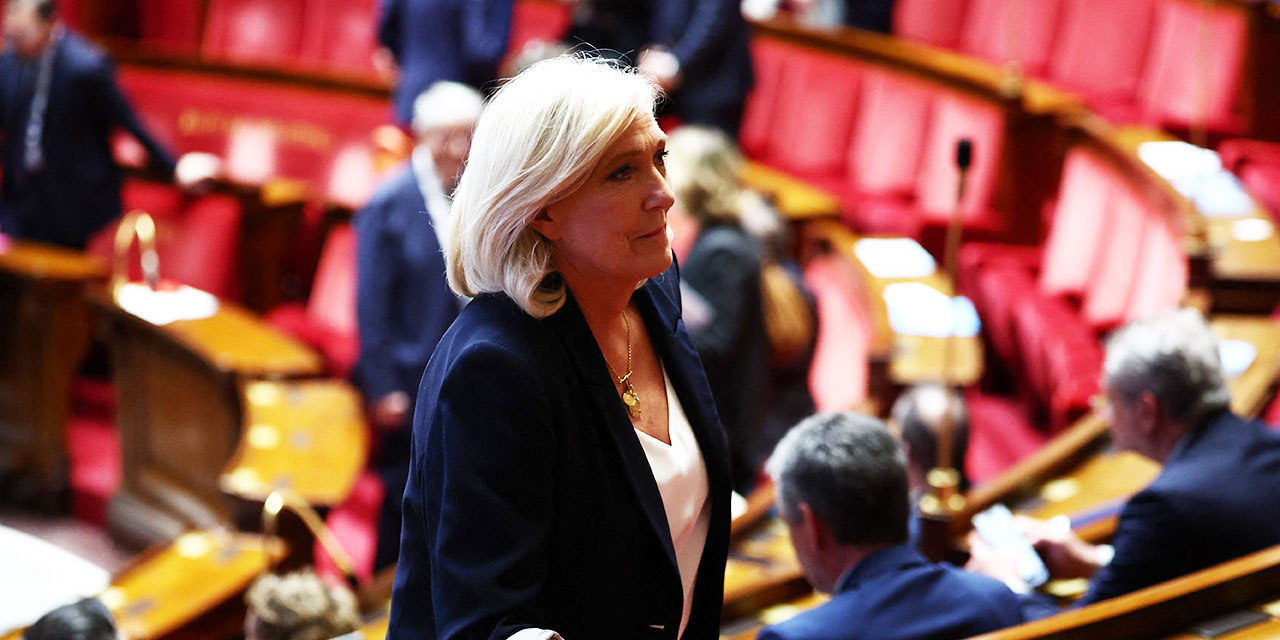Does a country get the leaders that it deserves? If so, what does the present political disarray say about Britain? Or is it that the conditions of modern democracy guarantee the ascension of ambitious mediocrities, leaders without powers of leadership?
From the first in the Brexit negotiations, Prime Minister Theresa May—who had already proved her weakness and incompetence at the Home Office, Britain’s interior ministry—showed the vision of a Chamberlain, rather than a Churchill. It should have been obvious to her—as it should have been obvious to Neville Chamberlain that Hitler was no ordinary politician—that it was essential, in fact a matter of life and death, for the European Union to make Brexit a disaster for Britain because, were it not, then that would be a disaster for the European Union.
A prosperous Britain outside the Union would have destroyed the EU’s raison d’être, which was already strongly under attack. Emmanuel Macron, president of France, even said that if France had held a referendum at the same time that Britain did, the result would have been a bigger majority for leaving than in Britain. Brexit was thus an opportunity for European politicians to demonstrate that, however unsatisfactory the Union might be, life would be worse without it.
May’s problem was that the party she headed was itself divided on Brexit. It was here that leadership was most required and most lacking. Her weak idea was to try to satisfy both wings of her party by compromise, which predictably pleased neither. Now she pleases practically no one, but clings to power—or office, in any case—like a shipwrecked sailor clutching a raft.
The dangers facing the country as a result of this debacle are enormous. The only politician of any substance, vision, or character is MP Jacob Rees-Mogg, but he suffers from three handicaps: he is morally conservative in a country of libertines; he made a fortune in a country in which most people hate others with more money than themselves; and he is unrepentantly upper class in a country in which even the well-born now pretend to be proletarian. A proponent of a clean break with the Union, he might not be able to unite the Tories behind him, and even if he did, he would almost certainly have to face down the civil service, which from the first has been resolutely anti-Brexit. There is an international solidarity of apparatchiks.
And even if the Tories do unite, an even worse danger faces Britain, more hazardous than any form of Brexit: a government headed by Jeremy Corbyn. If an election were held tomorrow, this admirer of Hugo Chavez and Hamas and fellow-traveller of terrorists, whose political ideas remain those of a student radical circa 1970, would be elected. Perhaps he would not last long, but it wouldn’t take him long to do damage irreparable in half a lifetime, if not longer.
Photo by Jack Taylor/Getty Images




